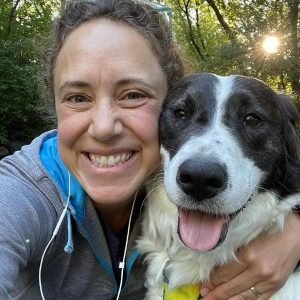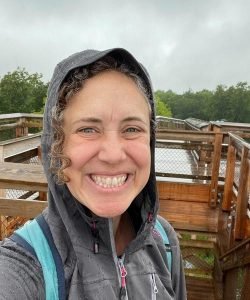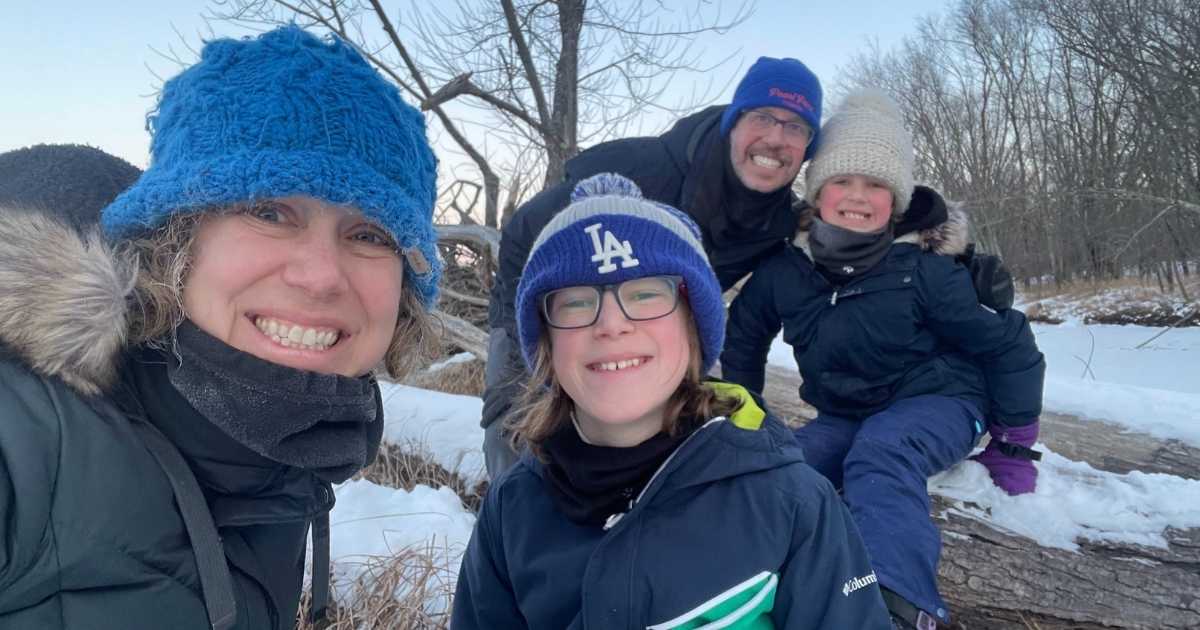 What led you to work in public health?
What led you to work in public health?
“My research focuses on health inequities, particularly in rural communities, and advancing the well-being of older adults. During my undergraduate studies in international relations, an advisor suggested I consider public health. But it wasn’t until I worked as a case manager during AmeriCorps that I realized my passion for navigating complex systems and helping people. This combination of interests led me to pursue a dual degree in social work and public health. Initially, I planned to become a clinical social worker with a focus on gerontology, but my broader interests in systems and structures eventually shifted my focus to academia and policy work.”
What advice would you give to students considering a dual MSW/MPH degree?
“Do it! A dual degree broadens your perspective and equips you to work at all levels. Both fields focus on structural issues and how people are embedded in communities, but they approach these topics differently. Understanding the professional languages of both fields is a tremendous asset. For students pursuing macro-level roles, exposure to clinical practice is invaluable, and for those interested in clinical work, understanding broader policy and structural issues is equally critical. The MSW/MPH combination provides this comprehensive perspective.”
What motivates you in your work?
“My motivation stems from early experiences as a case manager and community organizer. I saw firsthand how systems and structures created barriers to health and well-being. These experiences drive my current focus on policy and structural inequities, aiming to make the path smoother for others. My personal connection to rural areas also fuels my work—I have deep family roots in the Upper Midwest, and rural health equity is a cause close to my heart.”
What do you enjoy most about teaching?
“Teaching has always been something I’ve enjoyed! It aligns with my passion for working directly with people and cheering them on as they achieve great things. I find it incredibly rewarding to see students connect with the material and discover new perspectives. One of my favorite courses to teach is the rural health elective I developed in 2020. Regardless of their background, students gain a deeper understanding of the richness and diversity of rural communities. It’s especially rewarding to teach motivated students in the health equity minor.”
 What achievement in your career are you most proud of?
What achievement in your career are you most proud of?
“That’s a tough question! I’m proud when my research informs policy, such as being cited in federal and state legislation or UN reports. It’s fulfilling to know my work is making a tangible impact. Another source of pride is seeing my students succeed. Their achievements are their own, but cheering them on and witnessing their success is one of the most rewarding parts of my job.”
What are you reading or watching right now?
“I just finished the first season of the Netflix series “A Man on the Inside” and loved it. At the moment, I’m reading a novel set during World War II in France, but I jump all over the place in terms of genre and subject in what I read.”
What is something most people don’t know about you?
“For most of my childhood, I lived in a parsonage with my family outside a small town in Southern Wisconsin because my dad was a Lutheran minister.”

